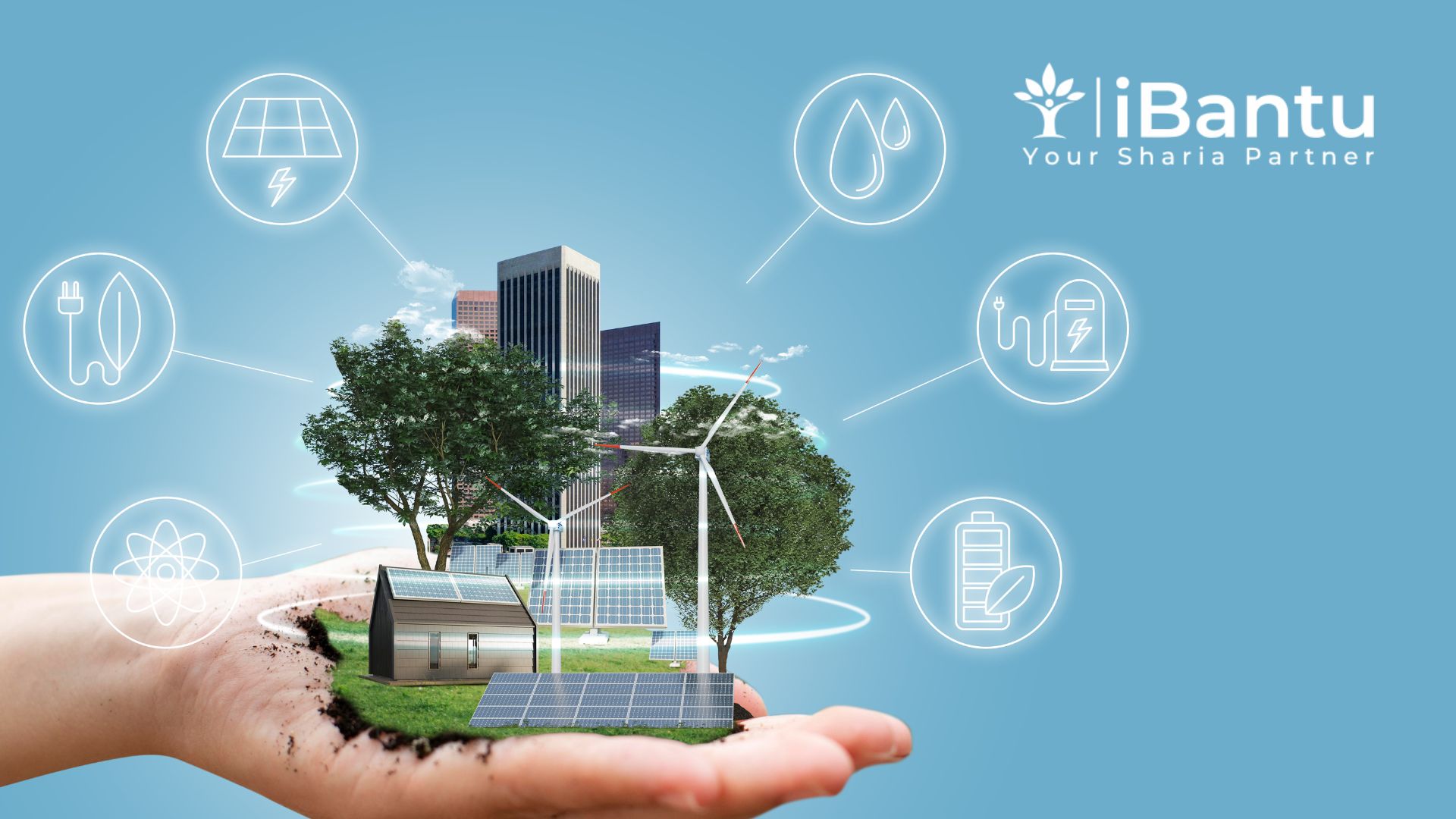The increase in demand for halal products aligns with the prospects of the halal industry toward achieving Sustainable Development Goals (SDGs). The Industrial Master Plan; 2019-2024 of the Indonesian government indicates the aim of Indonesia to become the world’s leading halal hub. Moreover, in 2021 SDGs investment increased by 70% valued at $371 billion from $259.7 billion in 2020. As for the market size data of the halal industry from the International Institute for Halal Research and Training, International Islamic University Malaysia is also increasing at an annual rate of 20% with a value of $560 billion a year potentially to be value-added to the SDGs agenda in 2030 as $5-7 trillion is needed annually for global investments.
To achieve a better understanding, in this article we will be covered about what are Halal Industries and SDGs, also how these two things are related. There have been rising concerns about the advantages of the halal industry in achieving SDGs. Also, about how the growth prospects of the Halal Industry, and the current SDGs progress.
What is the Halal Industry and SDGs
Halal Industry is an industry in the global economy that comprises all halal activities. For instance Halal food, Halal cosmetics, Halal pharmaceuticals, Muslim-friendly travel and tourism, Halal logistics, and supply chain, Modest fashion, and Halal media. Generally, Halal Industry is targeting other markets to fulfill the needs of Muslim consumers globally.
Meanwhile, Sustainable Development Goals (SDGs), are also known as the Global Goals. Adopted by the United Nations in 2015 as a universal call to action to end poverty, protect the planet, and ensure that by 2030 all people enjoy peace and prosperity. These actions are also in line with the aim of the Halal Industry to make sure that all mankind achieves a better life.
The Advantages of the Halal Industry
The Halal Industry has benefited manufacturers and consumers alike. While the manufacturer has been able to gain business expansion and profit, the consumers can satisfy their needs. The halal industry is conscious of maintaining balance in a conventional environment. Even though an average business is meant to maximize profit, yet, it needs to consider that the entire ecosystem is given due consideration in the process of what and how.
The present-day conventional industry is void of rationalism and less concerned for the environment and its components; rather, it focuses on maximizing profit at the expense of sustainability or sustainable living. However, the philosophy of the halal industry is not limited to profit and utility maximization instead to sustainable living through sustainable production and consumption. Also, the Halal industry is only financed by interest-free funding, indirectly reducing the gap between poor and rich people. As for conventional, in which interest loans exist interest on the loan becomes the price of funding.
The Growth Prospects of the Halal Industry
There are certain factors that drive the rapid growth of the halal industry globally. These factors may include Muslim populations around the world, GDP per capita growth of Muslim countries, emerging halal markets, Muslim lifestyle offerings, and the growth of the halal ecosystem. These driving forces, however, also indicate the underlying opportunities of the halal industry in the global economy.
The following section identifies the mentioned factors as driving forces and shows the opportunities of the global halal industry. The rapid growth of the Muslim population around the world is the factor that is driving the expansion of the global halal market. As the size of the population is growing, Muslim average per capita income (GDP) has risen from USD$1763 to USD$10,728 from 1993 to 2015 and the 57 OIC countries have a combined GDP of USD27.9 trillion which is added to the emergence of Halal Markets and Players. Hence, the halal industry has extended its offerings into lifestyle fields that include halal dining (ensuring halal food), Muslim-friendly tourism and hospitality services, halal pharmaceuticals and cosmetics as well as the fashion industry, entertainment, and so on.
The Current Progress of SDGs
According to the SDGs Report in 2022, cascading and interlinked crises are putting the 2030 Agenda for Sustainable Development in grave danger, along with humanity’s very own survival. The Report highlights the severity and magnitude of the challenges before us. The confluence of crises, dominated by COVID-19, climate change, and conflicts, are creating spin-off impacts on food and nutrition, health, education, the environment, and peace and security, and affecting all the Sustainable Development Goals (SDGs). The Report details the reversal of years of progress in eradicating poverty and hunger, improving health and education, providing basic services, and much more. It also points out areas that need urgent action to rescue the SDGs and deliver meaningful progress for people and the planet by 2030.
In conclusion, the current Halal industry must be immediately supported and developed by all parties. Especially in this case, the large market of Muslim populations in all Muslim countries potentially plays a big role in the halal industry, to help achieve the SDGs. Hence, when the Halal Industry is developed, it will indirectly have a positive impact on the progress of the SDGs agenda for a better future for world welfare.
For the rest, find out more about the education of Islamic Economics and Finance by joining iBantu Academy.

